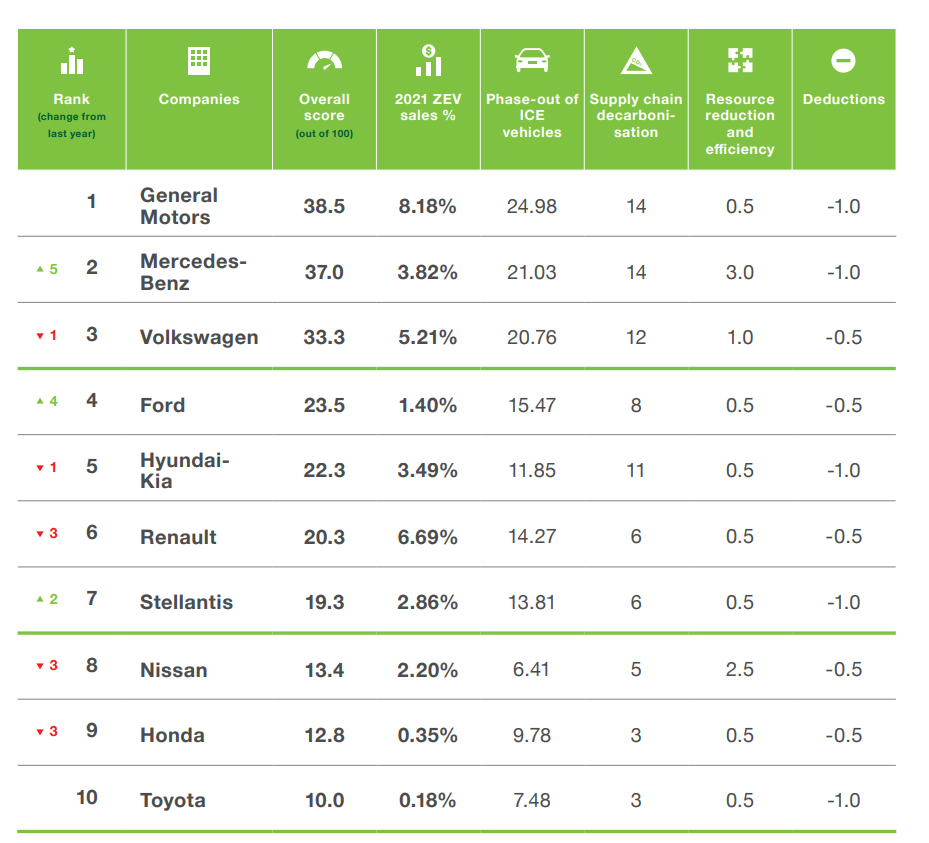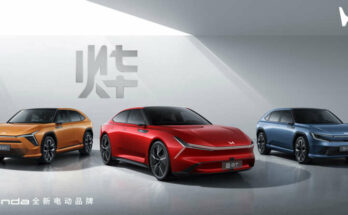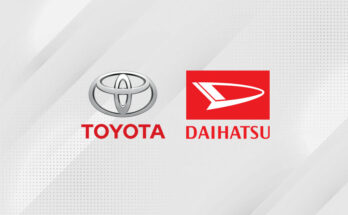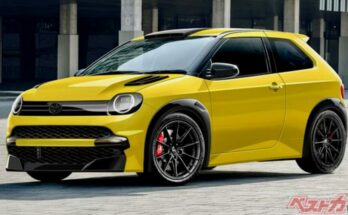Toyota, Honda, and Nissan, are once again being called out for their lack of progress with battery electric vehicles and de-carbonization efforts. Greenpeace, a nonprofit organization promoting a sustainable future, released a new study finding that Japanese automakers lag behind their peers.
Related: Toyota Ranked Last in Climate Performance
Japanese automakers have been notoriously slow in their efforts to introduce all-electric models to the market. Despite Toyota being the first to reveal a mass-market hybrid vehicle, the Prius in 1997, the automaker as well as its Japanese counterparts have made very little progress since.
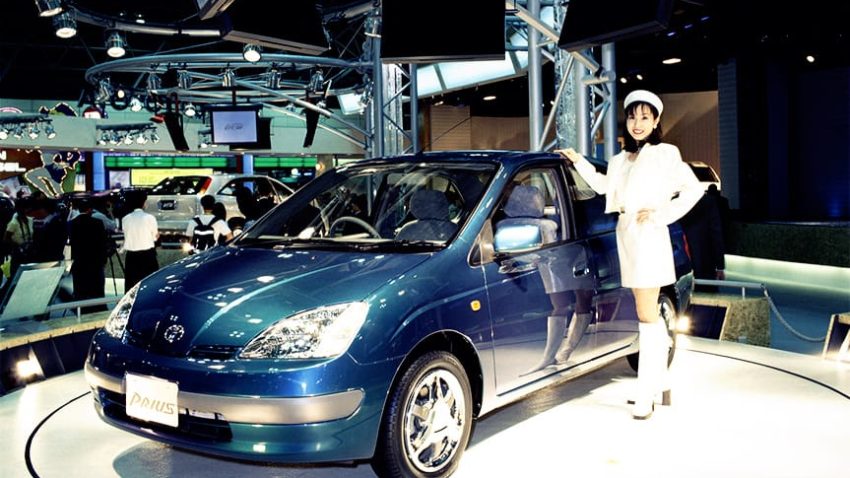
What’s interesting, however, is Japan has the third largest economy and hosts some of the most advanced technologies such as bullet trains (which are electric of course), quantum computing, and smart farming etc. Then why is it so behind in de-carbonization and developing fully electric vehicles?
Related: EVs Cannot Drive Through Rain Floods? Watch This…
For one thing, Japan has a relatively conservative culture. The country firmly believes in order and hierarchy. So, naturally, when it comes to a significant change, it will be up to the leaders. And if you look at past comments from Toyota, Honda, or Nissan’s higher-ups, you will notice a trend of thinking similar to the saying, “if it isn’t broke, don’t fix it.” This type of thinking often results in slow change, which we are seeing now. For instance, the Executive Vice President of Sales for Toyota North America was recently quoted saying:
I don’t think the market is ready [for EVs]. I don’t think the infrastructure is ready.
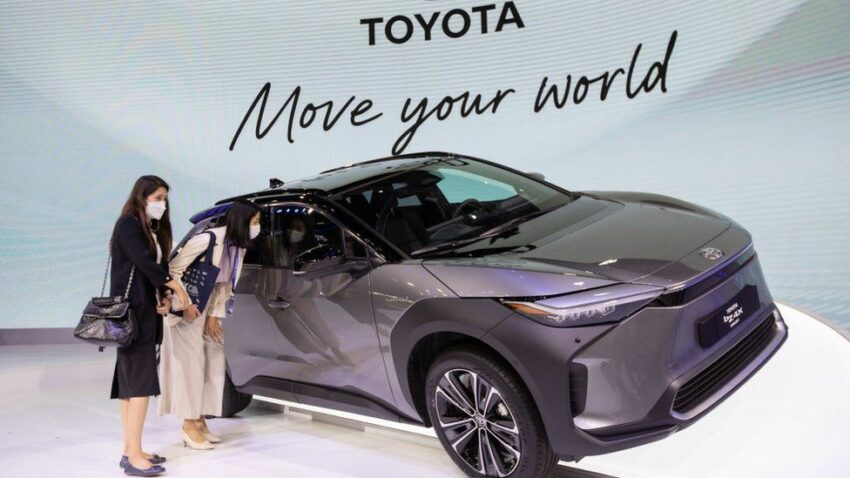
That’s despite all the evidence that shows electric vehicles are the future:
- Nearly every automaker (including startups and legacy) plans for an all-electric lineup by the end of the decade. Not only that, but they can’t keep up with the demand for the EVs they already have.
- California, Washington, and Massachusetts all moved to ban gas-powered vehicles by 2035. Additionally 17 states in total follow California’s emissions laws, though not all of them have adopted the 2035 ban.
- Tesla, which only sells EVs, says the Model Y is on track to generate the most revenue of any car this year and is likely to be the best-selling vehicle next year overall.
- Major markets in Europe, and China have already laid their plans to ban production of fossil fuel vehicles.
- EV makers around the world have strong demand with orders queued for several months.
Related: EVs in June Register Record Sales in a Month Globally
The evidence shows people want EVs, global sales are surging each passing year, the demand is high and that’s where the market is heading.
Greenpeace’s latest study finds that leading Japanese automakers Toyota, Honda, and Nissan rank lowest in their efforts to promote a cleaner future out of the top 10 automakers. After zero-emission (not hybrids) didn’t even generate 1% of the automaker’s total sales, Toyota ranked dead last. The study also found Toyota to have one of the least developed supply chains for de-carbonization. Climate and energy campaigner for Greenpeace Japan gets it right, saying:
“The time for hybrids, I think, has finished.”
Yes, it is. Hybrids are not the solution. They are only helpful as a bridge to fully electric vehicles. Only then will the transportation sector trend toward sustainability.
Related: Plug-in Hybrid Sales Fall as Demand for Full EVs Increases
Honda ranked 9th as Greenpeace points out the company’s lack of planning to hit its goal of introducing 30 new electric vehicles by 2030. Ranking 8th in the list is Nissan. Despite building an early lead in the EV market with the Nissan LEAF, zero-emission sales have failed to see much progress.
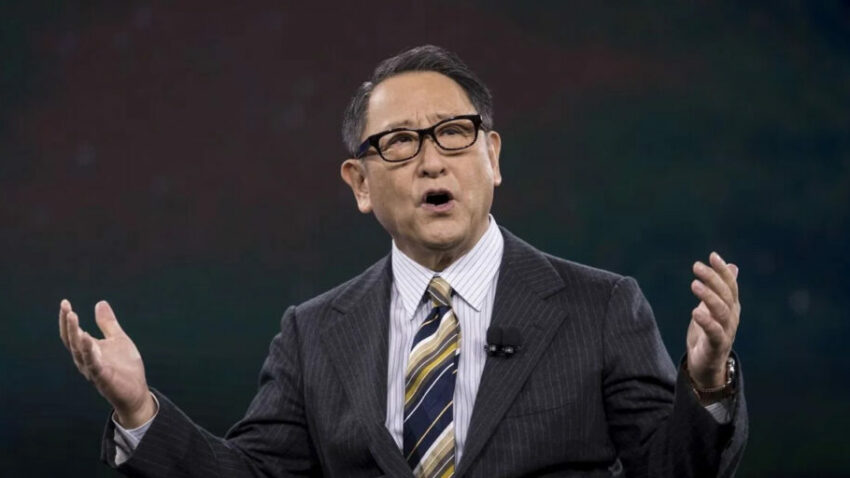
Japanese made big bet on hybrids but the world is making a fast transition to EVs and no one wants to stick to hybrids. In an attempt to promote hybrid cars, Toyota announced in 2019 to allow other companies to use its nearly 24,000 patents related to its hybrid technology. The patents were made available to license for royalty-free use until 2030 but literally there was no company to utilize those.
Related: Japan Could Lose 14% GDP & Millions of Jobs by Stalling on EVs
They cannot stop the world from doing so, although Japanese automakers such as Toyota do threat to leave markets which intend to ban sales of hybrid cars. It also influenced to manipulate the EV policy in Japan to include hybrids for getting the same benefits as EVs.
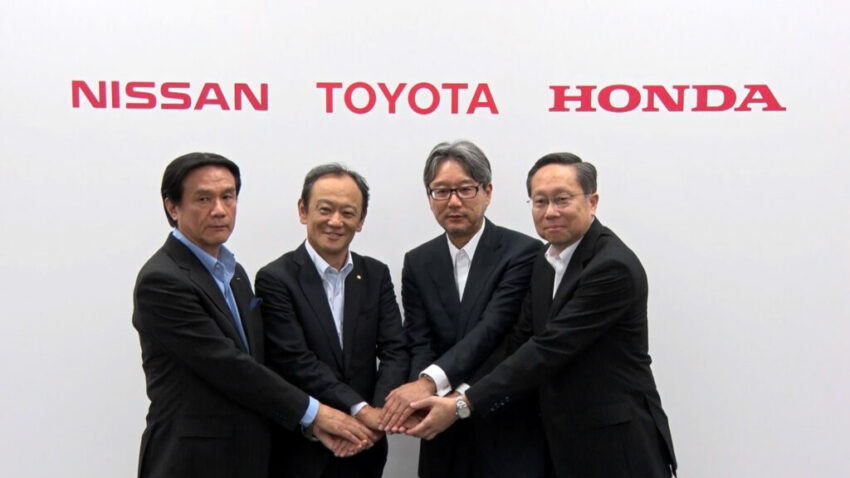
Although Japanese are a few steps behind, they still have time to right their ship. Its not that Japanese automakers can’t excel the EV technology, they surely can, but so far its the lack of will & motivation to do so. However, they have to keep one thing in mind— that time is ticking fast.

A computer animation professional with over 23 years of industry experience having served in leading organizations, TV channels & production facilities in Pakistan. An avid car enthusiast and petrolhead with an affection to deliver quality content to help shape opinions. Formerly written for PakWheels as well as major publications including Dawn. Founder of CarSpiritPK.com

